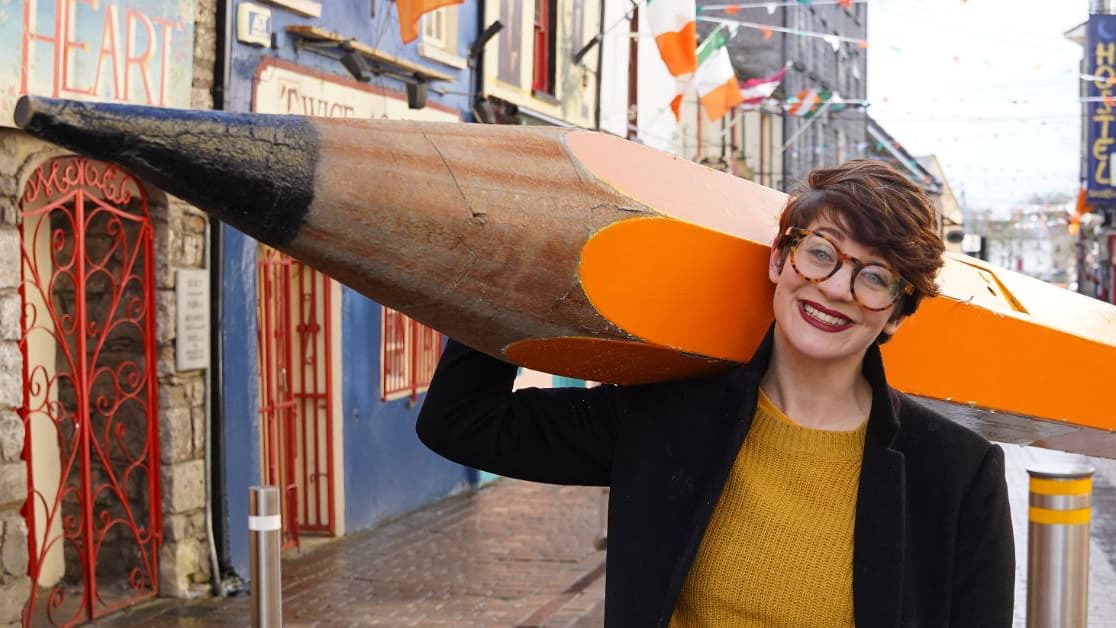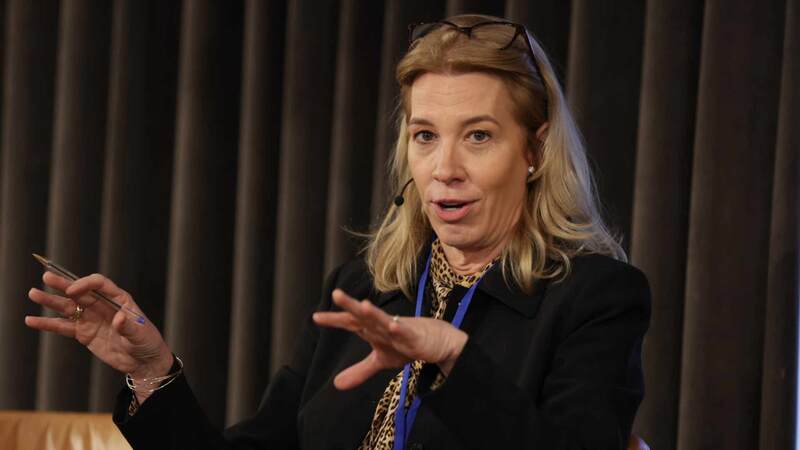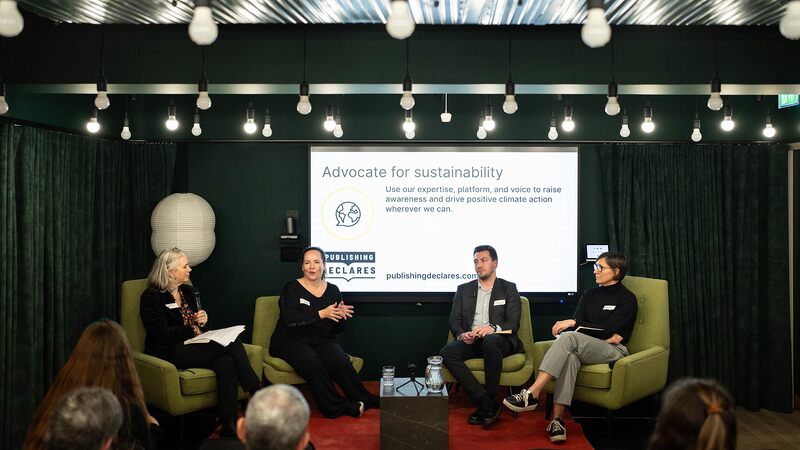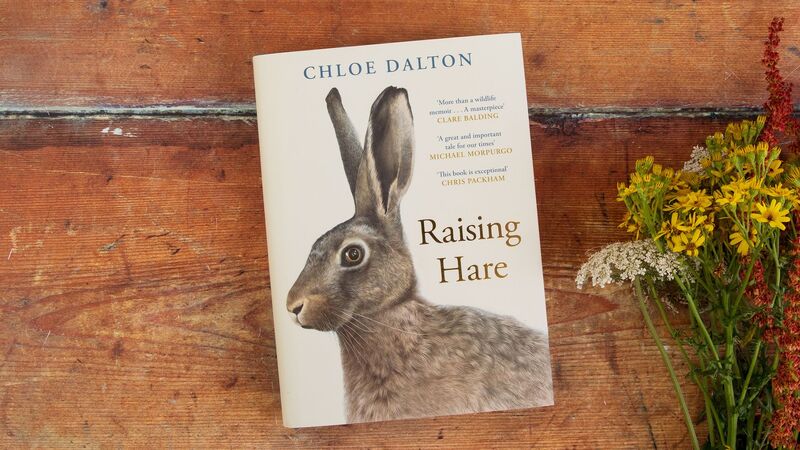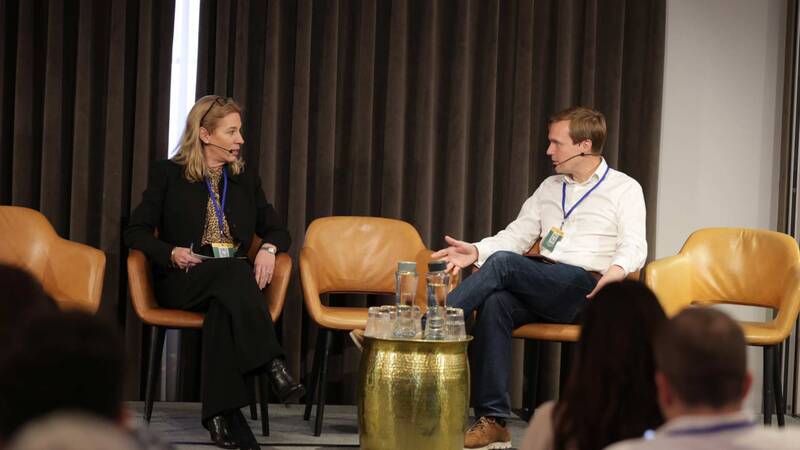You are viewing your 1 free article this month. Login to read more articles.
Virtually the same? Irish festivals look to innovate in new online iterations
There are no comprehensive statistics on the overall revenue generated by the approximately 75 literary festivals held in Ireland and Northern Ireland each year. But just a glance at a few which have assessed their economic impact suggests it is very great indeed.
One of the biggest book celebrations is Bloomsday—the Ulysses read-along, Edwardian cosplay and Joycean pub crawl which takes place each year on 16th June, the day on which James Joyce’s masterpiece is set. Dublin City Council reckons it generates around €50m for the capital each year. Cork’s seven book fests—including the Cork International Poetry Festival, the West Cork Literary Festival and Kinsale’s Words by Water—boosts revenue in the region of €15m a year, according to Cork County Council.
Of course in 2020, practically all of that book and ticket sales cash, and the additional tourist spend, have been completely wiped off the board. Irish festival organisers, like their colleagues across the Irish Sea, have been reactive and proactive during the pandemic, pivoting to virtual models while scrambling to get funding in place to ensure that their events can still take place in 2021.
Bloomsday, for example, moved to a “Zoomsday”, with its big marquee Readings & Songs event streamed on YouTube Live. It featured authors Tana French, Christine Dwyer Hickey and Donal Ryan appearing alongside musicians and actors such as Aidan (Littlefinger from “Game of Thrones”) Gillen, and “Outlander” star Catriona Balfe, who ended the performance with a reading of Molly Bloom’s famous soliloquy.
The majority of Irish festivals, however, are not so deeply funded as Bloomsday, but they have nonetheless shown creativity and innovation during the pandemic. Galway’s Cúirt International Festival of Literature is one of Ireland’s older books events, having been established in 1985. It was meant to take place this year in late April.
The lockdown was doubly disappointing for Cúirt director Sasha de Buyl (pictured), who is in her first year heading the festival after moving back home (though she was born in Belgium, she grew up in West Cork) following almost 10 years working in the Scottish book trade, most recently as manager of Scottish Books International. The timing was also unfortunate as de Buyl launched the festival programme on 9th March, just three days before lockdown was instituted.
De Buyl says: “At the time, everything was up in the air and there was some feeling that things may just go back to normal in a few weeks’ time. So I had to think about how long we could wait before we had to decide not to run the physical festival in April. But it became clear it wasn’t going to happen physically. Looking at the programme, I thought putting it online was entirely within our capabilities logistically, and Cúirt’s core offering of creating an international stage for the best of Irish writing could really work for an online audience.”
Logistics were also helped as one of the first emails de Buyl received post-lockdown was from the Arts Council of Ireland. She says: “The way they have been creating a through-line to artists was by saying ‘OK, you have this grant, it’s safe and if you require it for cashflow issues you can draw on up to 90% of it now.’ That really helped, because I knew what we were working with.”
Cúirt had seven weeks to move online, and there was initially slight resistance from authors; this was at a point before Zoom festivals were the new normal. Cúirt ended up conducting 11 events, two podcasts and the rest of its schedule on video, “to play around with formats to see what audiences wanted”. Pre-registration was encouraged in order to make the event feel as “real” as possible, and more than 6,000 viewers signed up, with 3,800 tuning in live. Audiences ranged from 180 to 650 attendees per event. De Buyl says: “The larger number is twice the capacity of our biggest venue. And there’s the geographic spread: 43% [of viewers] were from Ireland and the rest overseas, from every continent except Antarctica. It was really lovely to see this response.”
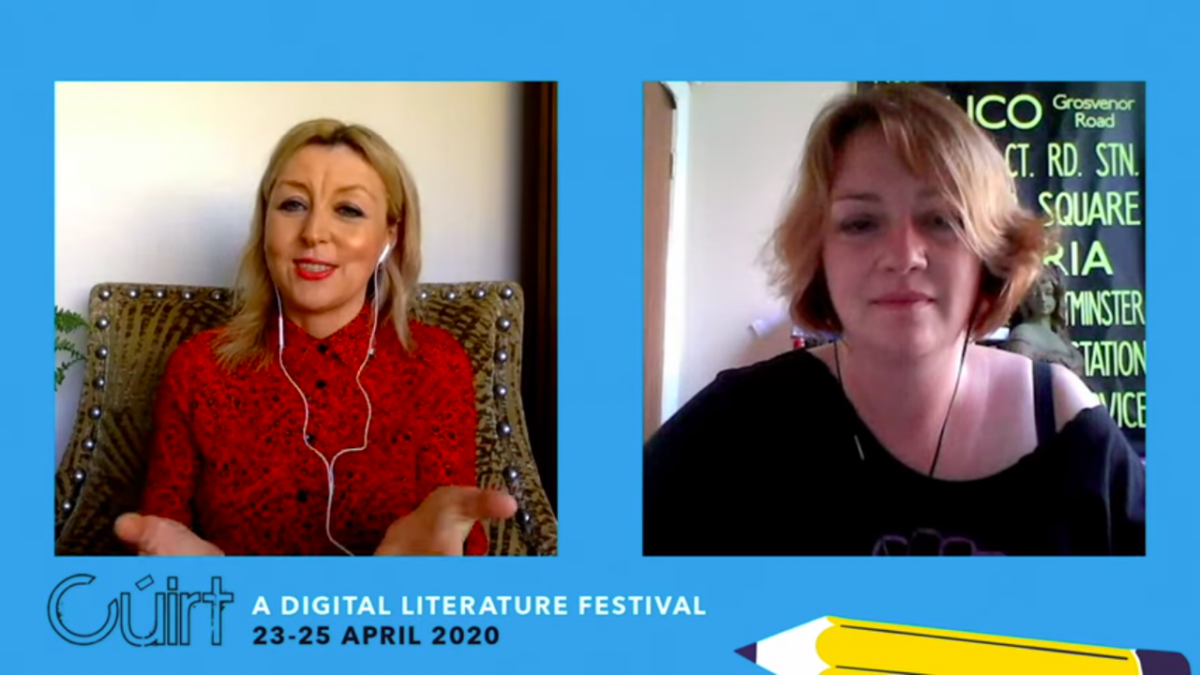
Pictured: Edel Coffey in conversation with author Eimear McBride at the digital Cúirt Festival of Literature
Decisive action
When lockdown restrictions were initially put in place, Dublin Book Festival programme director Julianne Mooney Siron thought she had a little time to play with, as her event takes place annually in late November and early December. But as the pandemic went on, timing got tighter. She says: “Even as the lockdown was easing, it was difficult to see clearly how things were panning out. We have a venue for 180 people and under the current social distancing measures, that would mean we could have 24 people attending physically.”
The relatively early decision (five months ahead of launch) to move DBF entirely online was about “clarity”, Siron says. “We wanted to make sure authors, publishers and the public know that the festival was definitely going ahead, and to ensure that we committed to virtual platforms.
DBF will run around 40 events online and will be working in conjunction and sharing resources with other Covid-hit festivals such as IMRAM (the three-year old Irish-language event), the crime fest Murder One and the Belfast Book Festival. A benefit of being one of the last events of the year is that Siron and the DBF team have been taking notes on how other festivals have produced their virtual content. She says: “A platform like Zoom does work best in that its interactivity does replicate some of the real-life experience. But we are also going to blend that with some more high-value production, of pre-recorded video.”
The big question throughout the virtual festival season has been how, or if, festivals can monetise online events. DBF never charged for children’s and school events, but Siron suggests that festival-goer attitudes might be changing: “Online pricing is such a difficult question. The children’s, and a majority of the adult events and workshops, will be free, but there may be a charge on a few events. We are still working this out.”
At Cúirt, de Buyl says that being one of the first out of the gate meant that the festival was compelled to make the entire festival free. But, she adds: “We made it possible to make a donation, not suggesting a fee, but making it clear that the money would be going to the authors. People really responded and we earned €10,000, which is about a third of our usual ticket revenue.”
As 2020 rolls on, there’s not a great amount of clarity about what 2021 will bring. De Buyl says: “We got through this year. But I have no idea what’s going to happen next: we don’t know what the landscape will be like, we don’t know quite what the money will be like. In some way, I hope we and other festivals do retain something of a ‘blending’ online/ real-life model. The virtual side helps with accessibility and inequality, and maybe it will be that festivals will build that into what they do, rather than some- times seeing it as an add-on.”





